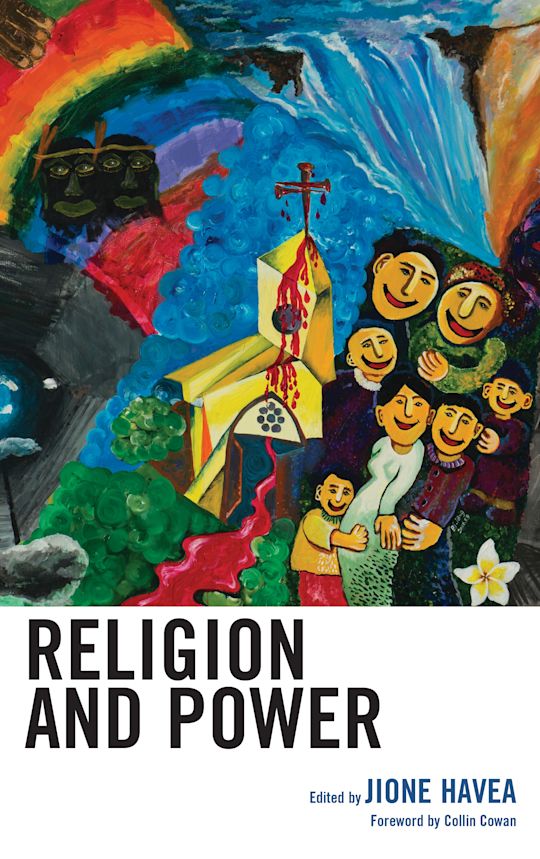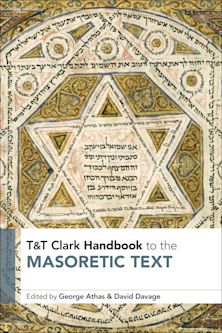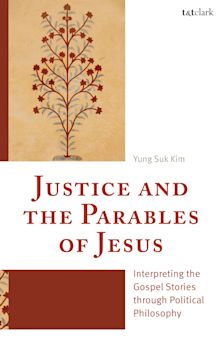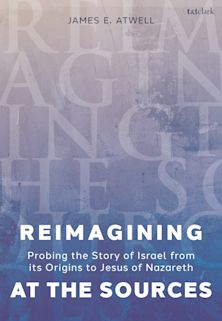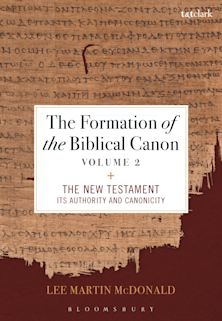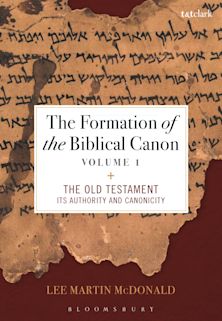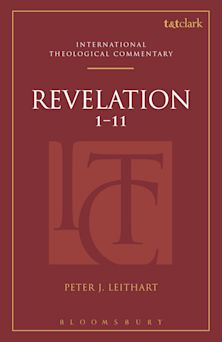Religion and Power
This product is usually dispatched within 2-4 weeks
- Delivery and returns info
-
Flat rate of $10.00 for shipping anywhere in Australia
Description
Religion has power structures that require and justify its existence, spread its influence, and mask its collaboration with other power structures. Power, like religion, is in collaboration. Along this line, this book affirms that one could see and study the power structures and power relations of a religion in and through the missions of empires. Empires rise and roam with the blessings and protections of religious power structures (e.g., scriptures, theologies, interpretations, traditions) that in return carry, propagate and justify imperial agendas. Thus, to understand the relation between religion and power requires one to also study the relation between religion and empires.
Christianity is the religion that receives the most deliberation in this book, with some attention to power structures and power relations in Hinduism and Buddhism. The cross-cultural and inter-national contributors share the conviction that something within each religion resists and subverts its power structures and collaborations. The authors discern and interrogate the involvements of religion with empires past and present, political and ideological, economic and customary, systemic and local. The upshot is that the book troubles religious teachings and practices that sustain, as well as profit from, empires.
Table of Contents
Collin Cowan
1. Stand Down, Sit Up, and Talanoa
Jione Havea
Part One: Dare to Discern
2. Rescuing Christian Faith Traditions from Empire
Deenabandhu Manchala
3. Transforming Discipleship: Faith, Love, and Hope after Empire
Jooseop Keum
4. Turn to the World: A Mandate for Orthodox Theology
Eleni Kasselouri-Hatzivassiliadi
5. Appropriation of Religious Symbols as Political Capital
M. P. Joseph
6. Empire, Deep Solidarity, and the Future of Resistance
Joerg Rieger
Part Two: Dare to Disturb
7. Chanting Down the Shitstem-Resistance with Anansi and Rastafari Optics
Michael Jagessar
8. The Chicano Student Movement as Religious and The Spiritual Plan of Aztlán as Scriptural and Utopian
Jacqueline M. Hidalgo
9. Religion as the Ethico-Political Practice of Justice: Ambedkar as Guide
Y.T. Vinayaraj
10. Babblers to the Rabble, Prophets to the Powerful: Mission in the Context of Empire
Allan Aubrey Boesak
11. (Global) Climate Crisis and (Detroit) Water Struggle: “Re-Schooling” Chr
Product details
| Published | 27 Nov 2018 |
|---|---|
| Format | Hardback |
| Edition | 1st |
| Extent | 222 |
| ISBN | 9781978703544 |
| Imprint | Fortress Academic |
| Dimensions | 230 x 160 mm |
| Series | Theology in the Age of Empire |
| Publisher | Bloomsbury Publishing |
Reviews

ONLINE RESOURCES
Bloomsbury Collections
This book is available on Bloomsbury Collections where your library has access.









